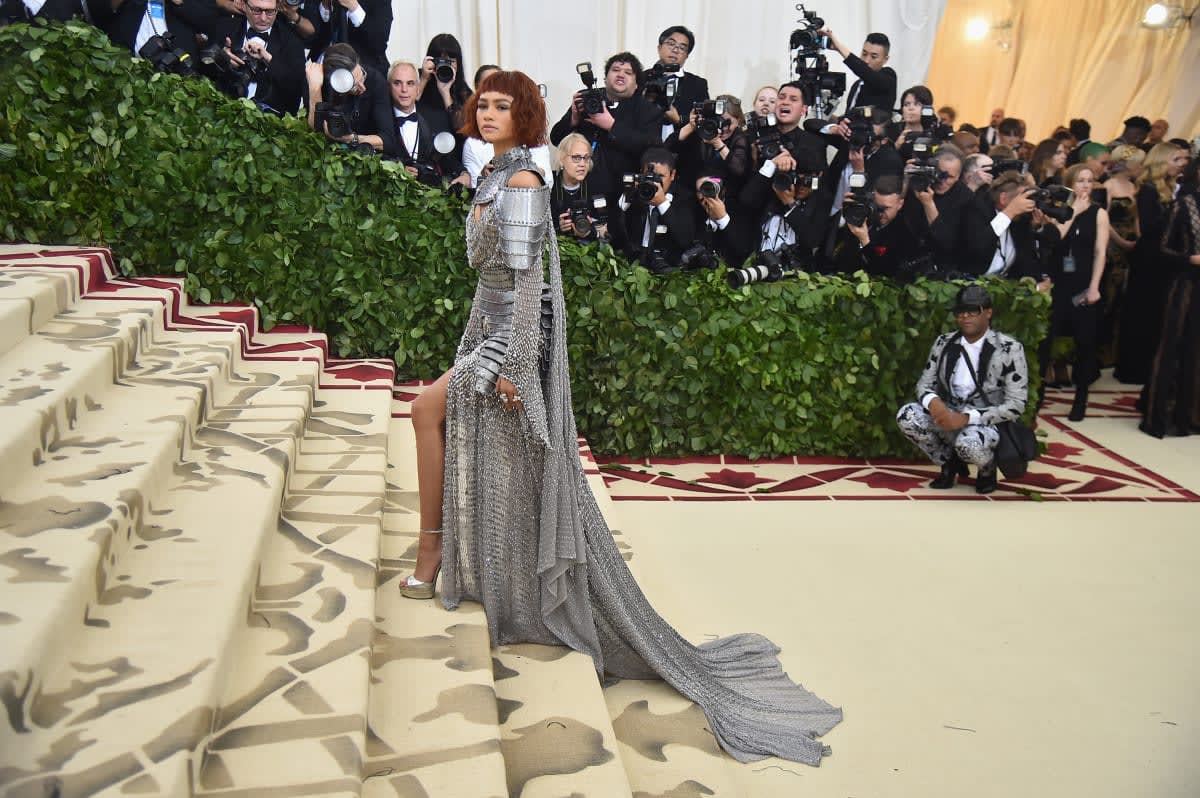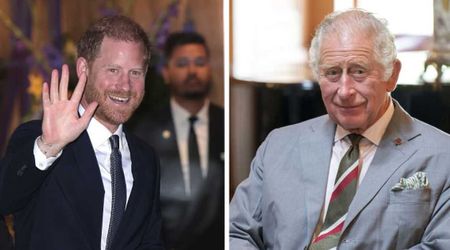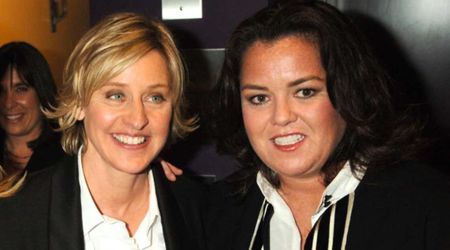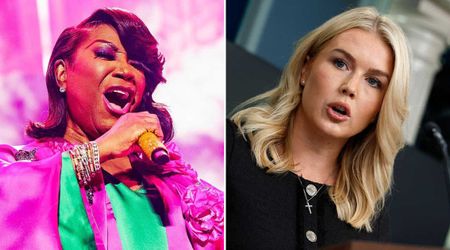Blockout 2024: The rise of the 'Digitine' and why fans are giving celebrities the block on social media

NEW YORK CITY, NEW YORK: In an unprecedented display of online activism, a movement dubbed 'Blockout 2024' swept across social media platforms in May 2024, igniting a firestorm of controversy and debate.
Outraged by the perceived indifference of celebrities toward the ongoing humanitarian crisis in Gaza, thousands of users took a bold stand, digitally boycotting high-profile figures by sending them to the "digitine" – a play on words referring to the digital guillotine, as per BuzzFeed.
The origins of 'Blockout 2024'
The catalyst for this unprecedented movement was the striking contrast between the opulent 2024 Met Gala, where A-listers donned extravagant ensembles worth millions, and the dire humanitarian crisis unfolding in Gaza, according to Newsweek.
As images juxtaposing the gala's glamour with the devastation in Gaza flooded online platforms, outrage over celebrity indifference reached a boiling point.
TikToker @ladyfromtheoutside, the mastermind behind the term "digitine," issued a rallying cry: "We gave them their platforms. It's time to take it back – take our views away, our likes, our comments, our money – by blocking them on all social media platforms."
Drawing inspiration from Suzanne Collins' dystopian 'Hunger Games' trilogy, where lavish Capitol festivities unfolded amid districts ravaged by poverty and brutality, online activists sought to symbolically condemn extravagant celebrities to the "digitine" – a term merging "digital" and "guillotine."

Disillusioned youth weaponize social media against celebrity silence
In the week following the Met Gala, social media was flooded with imagery juxtaposing the opulence of attendees like the anonymous Met guest wearing a $10 million, 180-carat necklace with the grim realities of death and destruction unfolding in Gaza.
According to Gaza's Health Ministry statistics that do not distinguish civilians from combatants, over 35,000 people have perished in the conflict since October 2023. Yet, as the UN World Food Programme warned of a "full-blown famine" in Northern Gaza, influencers like Haley Kalil contentedly mouthed "Let them eat cake" outside the Met's velvet ropes.
This disconnect proved too much for a disillusioned generation of digital natives. Under the #Blockout2024 hashtag, used over 29,000 times on TikTok alone, they circulated blocklists featuring celebrities from Kim Kardashian and Taylor Swift to Beyonce and Doja Cat – anyone deemed indifferent or silent on the crisis.
"They're asking celebrities to not be indifferent, to make statements and position themselves in relation to humanitarian issues. The movement cast a lens on the concerns of young people," explained Auckland University media professor Neal Curtis.
He cautioned that dismissing this as mere noise from "angry, young people" would be a mistake, as reported by RNZ.

The 'Digitine' dilemma: Disrupting celebrity influence or merely armchair activism?
By blocking en masse, users hope to steadily deplete these celebrities' audience sizes, earning potential, and the platform prioritization governed by engagement-driven algorithms. For influencers reliant on visibility, it poses a dire threat to their currency.
Since the inception of the Blockout movement just a few days ago, celebrities have experienced a notable decline in their follower counts. According to a report by NPR, Swift saw a decrease of approximately 300,000 followers on TikTok and around 50,000 followers on Instagram within the last week.
However, the Blockout also sparked criticisms of becoming a misguided popular cause, with some arguing the blacklists diverted attention from substantive advocacy and factual updates on Gaza.
"The question is, should they be spending their time trying to block celebrities, or should they instead be spending time trying to advocate for the causes they want to support?" posed Curtis.
Others questioned whether the hot takes of financially insulated celebrities truly deserved such significance. Prominent journalist Rasha Al-Azzawi expressed, "We don't need self-indulgent statements from those with no stake in our existence."
Meanwhile, boycott proponents highlighted how previous consumer-led cancel campaigns had effected change, however minimal.










